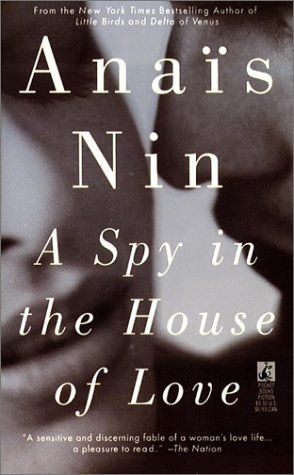
Reviews
Mia Hamilton@miahamilton
gülsu@celestial
jo@04rtic
Sarah Sammis@pussreboots
reneé amelia @trashstar2sick
ash@stardew
heleen de boever@hlndb
Darda Nella@dnella
c🍎@oceantrinkets
oc@fakeitflowers
march🐇@sorvalz
Elisha @shimzizzi
Grete Liina Tuuksam@idyllitised
riya ☆@lilcritt3r
Srijita Sarkar @srijita
Alex Noble@alexnoble
Marek R@ratmarek
eileen sheats@ex_wife
roberta@tareroby
eva@ewvab
Amelia Raptis@shmeils
Marine@monochrm
Julia R. Santos @julesreads
Alithea@alithea
Highlights
Grace McCarter@gracemccarter
Page 165
Grace McCarter@gracemccarter
Page 162
Grace McCarter@gracemccarter
Page 120
Grace McCarter@gracemccarter
Page 88
Grace McCarter@gracemccarter
Page 52
Grace McCarter@gracemccarter
Page 36
lulu@lolls
lulu@lolls
lulu@lolls
march🐇@sorvalz
march🐇@sorvalz
Kat Albanese@coachkitty
Srijita Sarkar @srijita
Srijita Sarkar @srijita
Srijita Sarkar @srijita
Srijita Sarkar @srijita
Srijita Sarkar @srijita
Srijita Sarkar @srijita
Srijita Sarkar @srijita
Srijita Sarkar @srijita
Srijita Sarkar @srijita
Srijita Sarkar @srijita
Srijita Sarkar @srijita
Srijita Sarkar @srijita